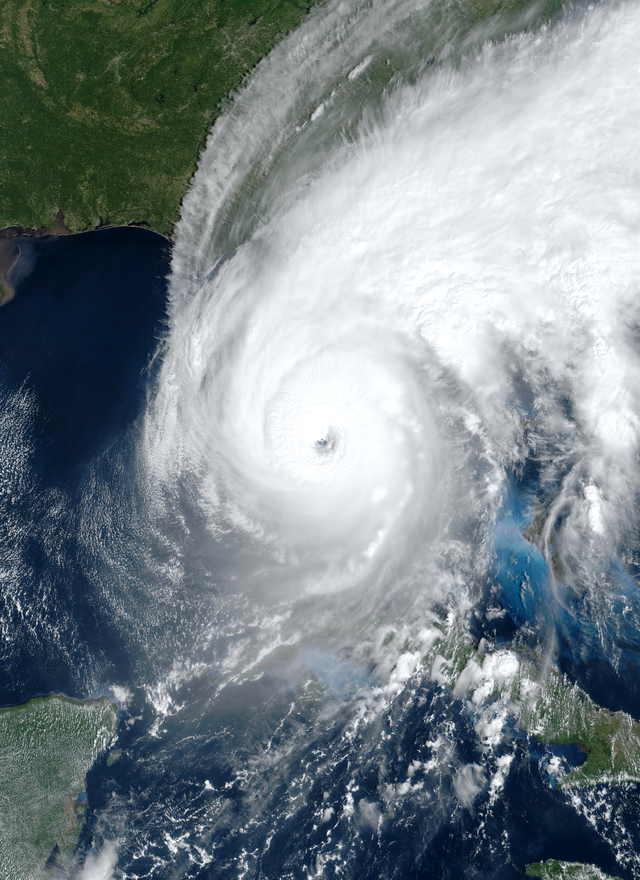SEPTEMBER 29, 2022 – No, this isn’t much about the meteorological calamity that recently befell parts of Florida. What the hurricane reveals to me, however, is how much there is to know about . . . everything, and how little I’ll ever know about anything.
I remember the feeling—shared by most book browsers—of entering a large “brick-and-mortar” book store, looking at the displays of “new arrivals,” “store-employee favorites,” and all other examples of book-marketing prowess, and thinking, “So many books, so little time.” More often than not, I’d leave the store overwhelmed and without a single new book in hand. That’s how I now feel “browsing” behind the headlines.
Today was particularly overwhelming in this regard. The questions chasing the hurricane were, “How much of this 1,000-year event is attributable to climate change?” and . . . “How much of the losses are because Florida, with a mean elevation of only 100 feet, is way over-developed?” Answers: step this way into a series of rabbit holes. I wanted to understand the science lining each of these rabbit holes—not simply the conclusion posted at each entryway. That was before I started reading articles about the effect of climate change on actuarial tables governing property insurance premiums. (Guess where those are headed!)
Next was Putin’s likely behavior after his formal annexation of “Russified” portions of eastern Ukraine. To understand what might unfold next, however, would require study for far too long. Any reasonable bets would soon be overtaken by unforeseen events.
To divert myself from Putin’s disastrous war and its implications on so many fronts, I turned to a Times opinion piece on “NIMBYism” as it pertains to housing development in New York City. As is typical, the real “meat and potatoes” were among the hundreds of reader comments. In a hurry I realized that affordable housing is a complex issue, with informed opinions requiring . . . lots more information than I have the time or patience to acquire.
With head spinning, I next focused on a hot-button political issue: immigration. To form a reliable opinion, a voter needs to study the facts—the current state of the law, the overloaded immigration court docket, and numerous other factors afoot, and how Congress and numerous presidential administrations have dropped or fumbled the ball. But first, everyone’s primer should be an end-to-end viewing of the Ken Burns/Lynn Novick/Sarah Botstein documentary, The U.S. and the Holocaust—a six-hour commitment.
Next was the economy and my effort to understand current drivers of global inflation and how the Fed can achieve a perfect balance between taming domestic inflation (forget the global factors) and avoiding recession. If economics is the science of inexactitude, how can I, a non-economist, expect to form an “informed” opinion?
The only matter about which I can express an opinion based on informational confidence is that You-Know-Who should never again be allowed anywhere close to the White House. Otherwise, like Floridians pummeled by Ian, I feel inundated with information. Until I learn to tread more effectively, I’m less confident that my opinions will hold . . . much water.
(Remember to subscribe to this blog and receive notifications of new posts by email.)
© 2022 by Eric Nilsson
